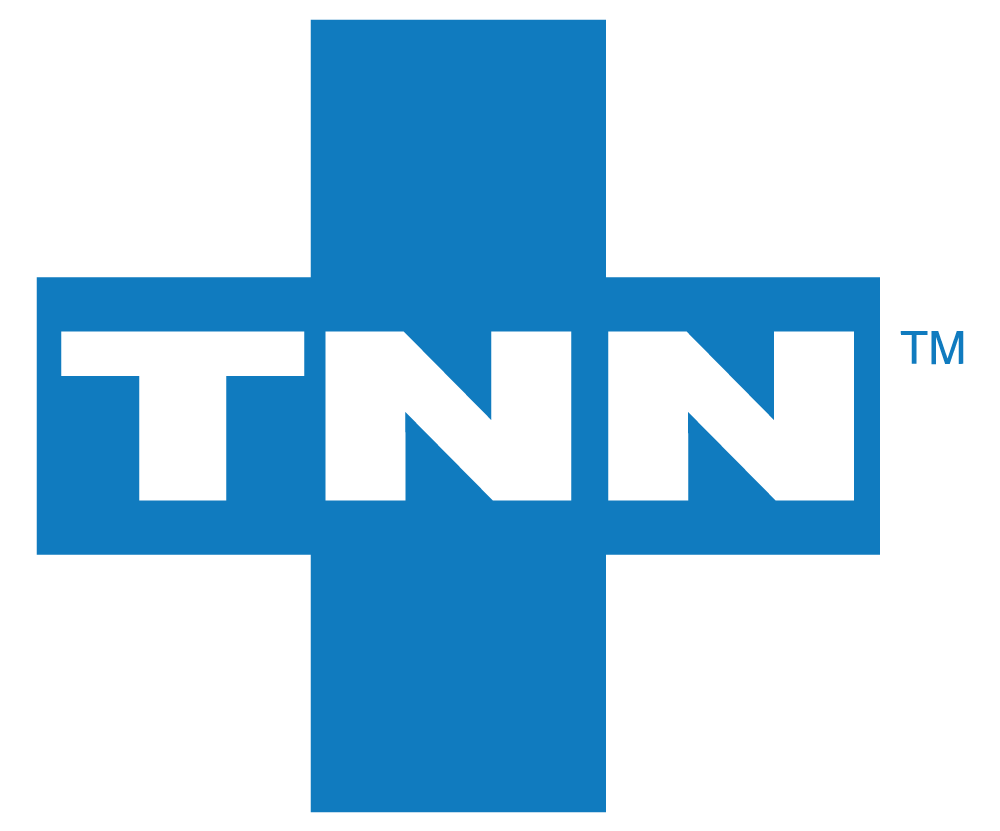
What do Critical Care Nurses Do?
Critical care nurses are an integral part of the healthcare system. They primarily work in intensive care units (ICUs), providing care to patients with life-threatening conditions. Their responsibilities extend beyond administering treatments and medications. They monitor vital signs, provide emotional support to patients and their families, and collaborate with a team of healthcare professionals to deliver the best possible patient care.
The tasks of a critical care nurse are varied and complex. On any given day, they might be tasked with managing advanced life support systems, responding to medical emergencies, or even assisting in groundbreaking medical procedures. Their role demands not only technical skills but also the ability to think critically and make quick decisions.
What is the Scope of Critical Nursing?
The scope of critical care nursing is broad and constantly evolving. With the rapid progression in medical technology, there is an increasing need for proficient critical care nurses. According to the American Association of Critical-Care Nurses, there is an increasing need for nurses who can handle high-stress situations and complex patient care.
Critical care nursing jobs are available in various settings, including hospitals, trauma centers, and specialized intensive care units such as cardiac, pediatric, and neonatal ICUs. Many critical care nurses also choose to specialize further, becoming experts in areas like cardiac care, neurology, or trauma.
Is Critical Care Nursing Stressful?
It would be disingenuous to say that critical care nursing isn’t stressful. The nature of the work, dealing with severely ill patients and often making life-or-death decisions, can undoubtedly lead to stress. However, it’s also important to note that many nurses thrive in this high-pressure environment.
Critical care nursing is a career that demands resilience, emotional strength, and the ability to stay calm under pressure. It’s these challenges that often make the job so rewarding. The satisfaction derived from knowing you’ve made a tangible difference in someone’s life is unparalleled.
How do I Become a Critical Care Nurse?
To become a critical care nurse, certain educational prerequisites and training are necessary. Initially, you have to earn your Bachelor of Science in Nursing (BSN) degree. Subsequently, you need to clear the National Council Licensure Examination for Registered Nurses (NCLEX-RN) to get your Registered Nurse (RN) certification. After acquiring this qualification, it is vital to gain hands-on experience in the field of critical care, typically necessitating two years of practical work in an acute or critical care environment.
Once they have gained the required experience, nurses can seek to obtain their Critical Care Registered Nurse (CCRN) certification via the American Association of Critical-Care Nurses. This certification, while not always required, is highly respected and can open up more advanced critical care nursing jobs.
Once you’ve achieved certification, the world of critical care nursing truly opens up. You can choose to further specialize, pursue leadership roles, or even become an educator in the field. The options are vast and can lead to a fulfilling and varied career.
The Rewards of Critical Care Nursing Jobs
- Making a Significant Impact: Critical care nurses often deal with patients in life-threatening situations. Their skills, knowledge, and compassion can significantly impact patient outcomes, making a real difference in the lives of those they care for.
- Continuous Learning: The field of critical care is constantly evolving with advancements in medical technology and treatments. This continuous learning can be intellectually stimulating for those who crave knowledge and growth in their careers.
- Teamwork: Critical care nurses work closely with a team of other healthcare professionals. This collaborative environment can lead to strong professional relationships and a sense of camaraderie.
- Career Advancement Opportunities: With experience and further education, critical care nurses can move into advanced practice roles or administrative positions. This career path offers considerable scope for professional development.
The Challenges of Critical Care Nursing Jobs
- Physical Demands: The job is physically demanding, with long hours spent on your feet and potentially lifting or moving patients.
- High-Stakes Environment: Critical care nursing involves high-stakes decision-making that can directly impact patient outcomes. This responsibility can be stressful.
- Work-Life Balance: Like many healthcare professions, critical care nursing may require long hours, night shifts, and working on holidays. Balancing work commitments with personal life can sometimes be challenging.
A Career with Total Nurses Network
If you’re a nurse looking for a permanent job in critical care nursing, we invite you to consider Total Nurses Network. We’re dedicated to connecting skilled nurses with healthcare institutions that value their expertise and commitment. To learn more about the opportunities available with us, visit our website at Total Nurses Network or contact us.
Conclusion: Is Critical Care Nursing Right for You?
Choosing a career in critical care nursing isn’t a decision to be made lightly. It requires commitment, dedication, and a genuine desire to help those in dire health situations. But for those who choose this path, the rewards – both personal and professional – can be immense.
If you’re considering critical care nursing jobs, weigh the challenges against the rewards. Talk to professionals in the field, do your research, and consider your own strengths and desires. If you find that the thought of making a difference in the lives of critically ill patients excites and motivates you, then this could be the perfect career choice for you.








